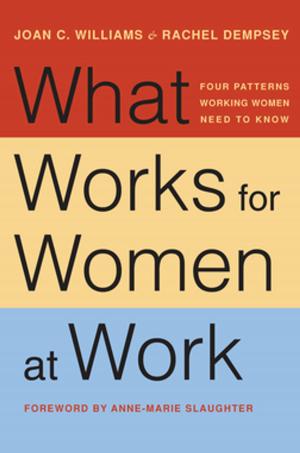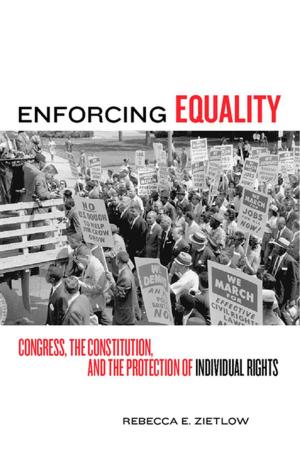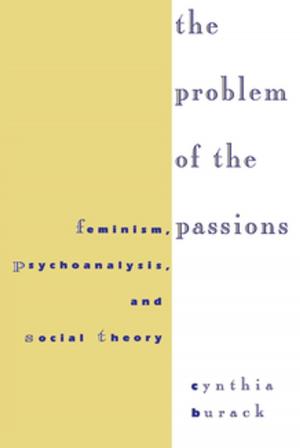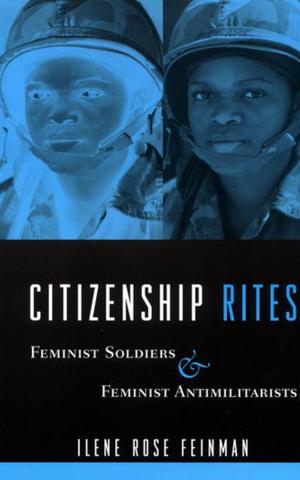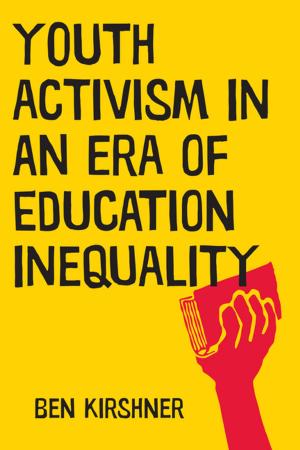Refining Expertise
How Responsible Engineers Subvert Environmental Justice Challenges
Nonfiction, Science & Nature, Science, Biological Sciences, Environmental Science, Social & Cultural Studies, Social Science, Anthropology| Author: | Gwen Ottinger | ISBN: | 9780814762615 |
| Publisher: | NYU Press | Publication: | March 4, 2013 |
| Imprint: | NYU Press | Language: | English |
| Author: | Gwen Ottinger |
| ISBN: | 9780814762615 |
| Publisher: | NYU Press |
| Publication: | March 4, 2013 |
| Imprint: | NYU Press |
| Language: | English |
Winner of the 2015 Rachel Carson Prize presented by the Society for Social Studies of Science
Residents
of a small Louisiana town were sure that the oil refinery next door was
making them sick. As part of a campaign demanding relocation away from the
refinery, they collected scientific data to prove it. Their campaign ended with
a settlement agreement that addressed many of their grievances—but not concerns
about their health. Yet, instead of continuing to collect data, residents began
to let refinery scientists' assertions that their operations did not
harm them stand without challenge. What makes a community move
so suddenly from actively challenging to apparently accepting experts'
authority?
Refining
Expertise argues
that the answer lies in the way that refinery scientists and engineers defined
themselves as experts. Rather than claiming to be infallible, they began
to portray themselves as responsible—committed to operating safely
and to contributing to the well-being of the community. The volume shows
that by grounding their claims to responsibility in influential ideas from
the larger culture about what makes good citizens, nice communities, and moral
companies, refinery scientists made it much harder for residents to challenge
their expertise and thus re-established their authority over scientific
questions related to the refinery's health and environmental effects.
Gwen
Ottinger here shows how industrial facilities' current approaches to
dealing with concerned communities—approaches which leave much room for
negotiation while shielding industry's environmental and health claims from
critique—effectively undermine not only individual grassroots campaigns but
also environmental justice activism and far-reaching efforts
to democratize science. This work drives home the need for both activists
and politically engaged scholars to reconfigure their own activities in
response, in order to advance community health and robust scientific knowledge
about it.
Winner of the 2015 Rachel Carson Prize presented by the Society for Social Studies of Science
Residents
of a small Louisiana town were sure that the oil refinery next door was
making them sick. As part of a campaign demanding relocation away from the
refinery, they collected scientific data to prove it. Their campaign ended with
a settlement agreement that addressed many of their grievances—but not concerns
about their health. Yet, instead of continuing to collect data, residents began
to let refinery scientists' assertions that their operations did not
harm them stand without challenge. What makes a community move
so suddenly from actively challenging to apparently accepting experts'
authority?
Refining
Expertise argues
that the answer lies in the way that refinery scientists and engineers defined
themselves as experts. Rather than claiming to be infallible, they began
to portray themselves as responsible—committed to operating safely
and to contributing to the well-being of the community. The volume shows
that by grounding their claims to responsibility in influential ideas from
the larger culture about what makes good citizens, nice communities, and moral
companies, refinery scientists made it much harder for residents to challenge
their expertise and thus re-established their authority over scientific
questions related to the refinery's health and environmental effects.
Gwen
Ottinger here shows how industrial facilities' current approaches to
dealing with concerned communities—approaches which leave much room for
negotiation while shielding industry's environmental and health claims from
critique—effectively undermine not only individual grassroots campaigns but
also environmental justice activism and far-reaching efforts
to democratize science. This work drives home the need for both activists
and politically engaged scholars to reconfigure their own activities in
response, in order to advance community health and robust scientific knowledge
about it.


